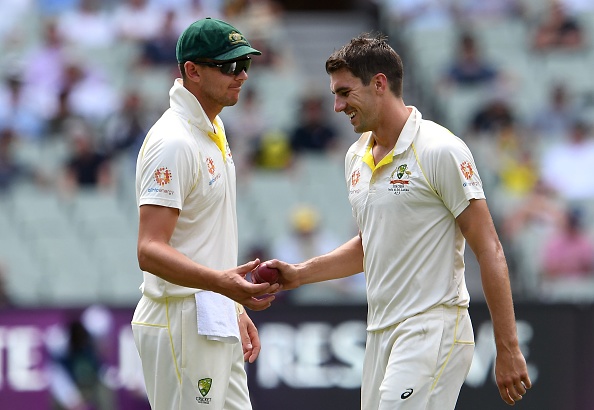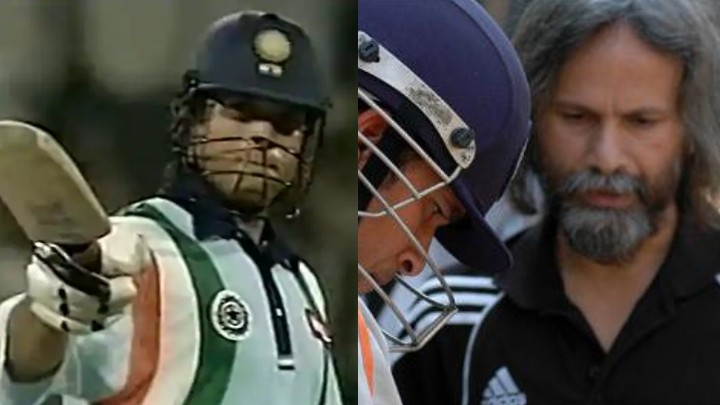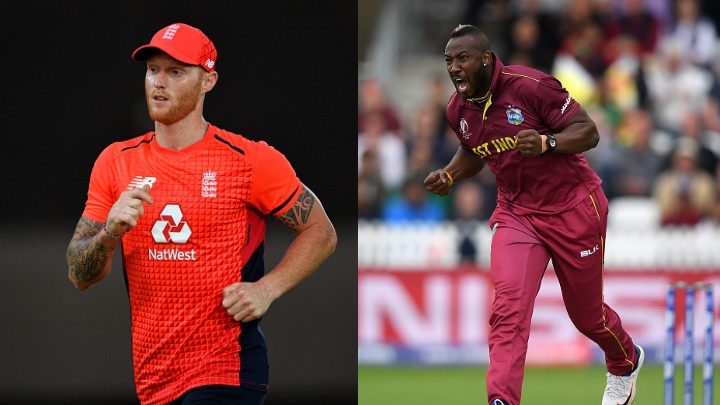 Once COVID-19 relents, cricket in Australia could see a shift away from the traditional practice of shining the ball through the use of saliva, sweat, as per framework released by the federal government regarding the staged return of sports amid the pandemic.
Once COVID-19 relents, cricket in Australia could see a shift away from the traditional practice of shining the ball through the use of saliva, sweat, as per framework released by the federal government regarding the staged return of sports amid the pandemic.
The ban on saliva, sweat to maintain the shine on the cricket ball was reportedly discussed at the recent CEC meeting of the ICC. It is believed, without much clarity, that ball-tampering could be legalised in order to keep the balance of competitiveness between the bat and the ball.
Read Also: Holding, Donald weigh in over possibility of legalising ball-tampering post COVID-19
The Australian Institute of Sport (AIS), in consultation with medical experts, sporting bodies and federal and state governments, has come up with guidelines, restricting the use of saliva and sweat to shine the ball, says a report in ESPNcricinfo.
The framework, outlining sport's return in stages, is designed in different levels - A, B and C.
Restrictions under Level A include that on all training except the individual kind.
However, it is believed, in little more than a week from now, the restrictions will be moved to Level B, which will allow: "Nets - batters facing bowlers. Limit bowlers per net. Fielding sessions - unrestricted. No warm-up drills involving unnecessary person-person contact. No shining cricket ball with sweat/saliva during training."
Moving to Level C could be permitted later in the year when "full training and competition, (But) no ball shining with sweat/saliva in training" will be allowed.
In the framework, guidelines for training and management of illness in elite sports are also provided.
"The approach to training should focus on 'get in, train, get out', minimising unnecessary contact in change rooms, bathrooms and communal areas. Prior to resumption, sporting organisations should have agreed on protocols in place for management of illness in athletes and other personnel," it said.
"Individuals should not return to sport if in the last 14 days they have been unwell or had contact with a known or suspected case of COVID-19."
"Any individual with respiratory symptoms (even if mild) should be considered a potential case and must immediately self-isolate, have COVID-19 excluded and be medically cleared by a doctor to return to the training environment."
"Athletes returning to sport after COVID-19 infection require special consideration prior to resumption of high intensity physical activity."
(Inputs from PTI)







